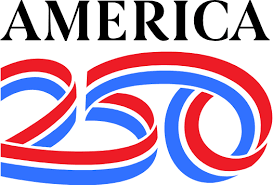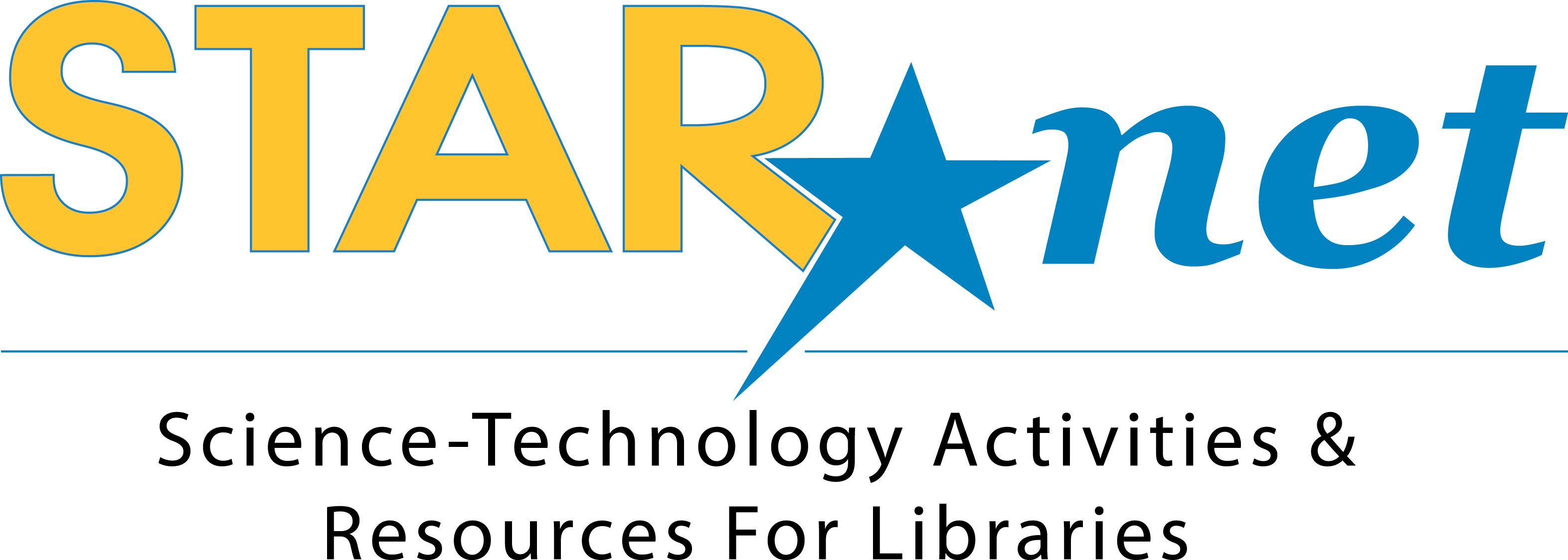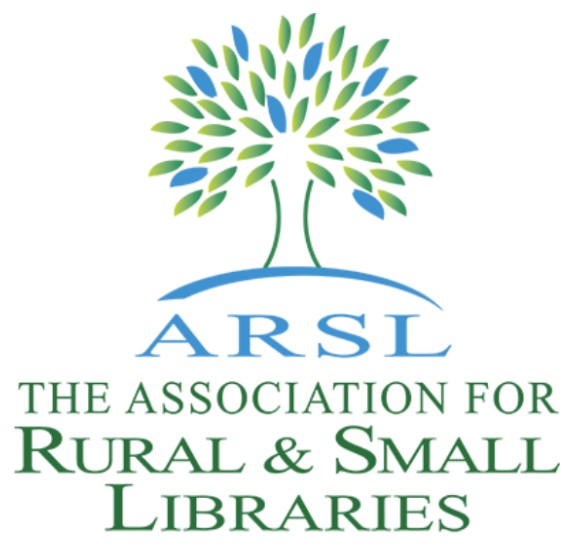FOR LIBRARIES
Celebrate America’s 250th with Acts of Science with SciStarter!
SciStarter is proud to be an official America Gives partner in the America 250 volunteer initiative. As our nation prepares to celebrate its 250th anniversary in 2026, we invite libraries to join this historic moment through citizen science, hands-on Acts of Science for people of all ages to contribute to research that benefits communities, the environment, and our shared future.
Citizen science is deeply rooted in the American story. Benjamin Franklin, often called America’s first citizen scientist, believed that everyone should engage with science and that shared knowledge could advance society for the benefit of all. As the American Philosophical Society put it, “he addressed some of society’s most pressing issues, from maritime navigation and counterfeit currency, to smallpox epidemics and destructive electrical storms.” And he wasn’t the only one.
From Thomas Jefferson’s weather observations to Lewis and Clark’s biodiversity surveys, early American thinkers and explorers were documenting, experimenting, and learning about their world — long before “citizen science” had a name. Often times their work was made possible through the deep knowledge and guidance of Indigenous peoples who had been living on, understanding, and caring for these lands long before the United States existed.
That same spirit of curiosity and civic participation in discovery continues today through Acts of Science. There are many ways to describe these acts — we often say citizen science, but you may also hear community science, neighborhood science, or crowdsourced research. Whatever the term, the idea is the same: science belongs to everyone.
What is citizen science?
It’s when people volunteer, anytime, anywhere, to help scientists with research by collecting or analyzing data, across all areas of science. Your contributions might help measure light pollution that affects migrating birds, track pollinator activity critical to food systems, or monitor seasonal changes in plants and animals as our climate shifts. Each small action adds up to powerful data that fuels conservation decisions.
These acts go beyond helping research. They help build knowledge, strengthen communities, and inspire action. From snapping photos of nature and identifying animals online, to transcribing museum specimens, helping NASA classify space telescope images, playing games that accelerate Alzheimer’s research, or measuring air, water, and light pollution — there’s a way for everyone to contribute, anytime, anywhere.
Through our partnership with America Gives, every verified Act of Science completed in 2026 through SciStarter will count toward America 250’s national goal of inspiring millions of volunteer actions that honor our country’s enduring spirit of innovation, discovery, and service.
How Libraries Can Participate
Your library can lead the way in celebrating this milestone by engaging your community in projects that connect to themes of innovation, stewardship, and community service — the same values that have shaped America for 250 years. We’ve made it easy for you by collecting the projects that reflect the volunteer goal of America Gives: from civic engagement to nature conservation to community health.
1. Prepare
To get the most out of participating, we recommend you:
- Create a free SciStarter account.
- Complete the Foundations of Citizen Science training module to gain a strong understanding of the basics.
- Complete the SciStarter Ambassador training module to learn how to facilitate citizen science and use SciStarter resources.
- If you are connected to a library, there is a special training, just for you: The Libraries as Community Hubs for Citizen Science training module.
- Share all this knowledge with staff and volunteers!
2. Determine your participation method
- Promote citizen science to your community through posters, displays, flyers for follow on activities that connect to your existing STEAM programs.
- Tap into existing events for a low-lift event plan. Sign up to be a satellite host for a live Zoom event produced by SciStarter. There’s one every week in April (Citizen Science Month!)
- Build your own event! Use our resources to curate an event around one of our recommended projects.
3. Choose a project
We’ve made it easy for you by collecting the projects that reflect the volunteer goal of America Gives: from civic engagement to nature conservation to community health. Open the dropdown menus to see project suggestions and instructions.
Community Health Projects
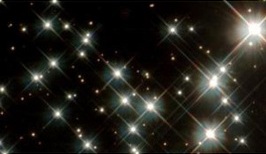
Monitor Light Pollution – Globe at Night
Measure the night sky brightness

Anytime

Anywhere

Data, Policy, Other
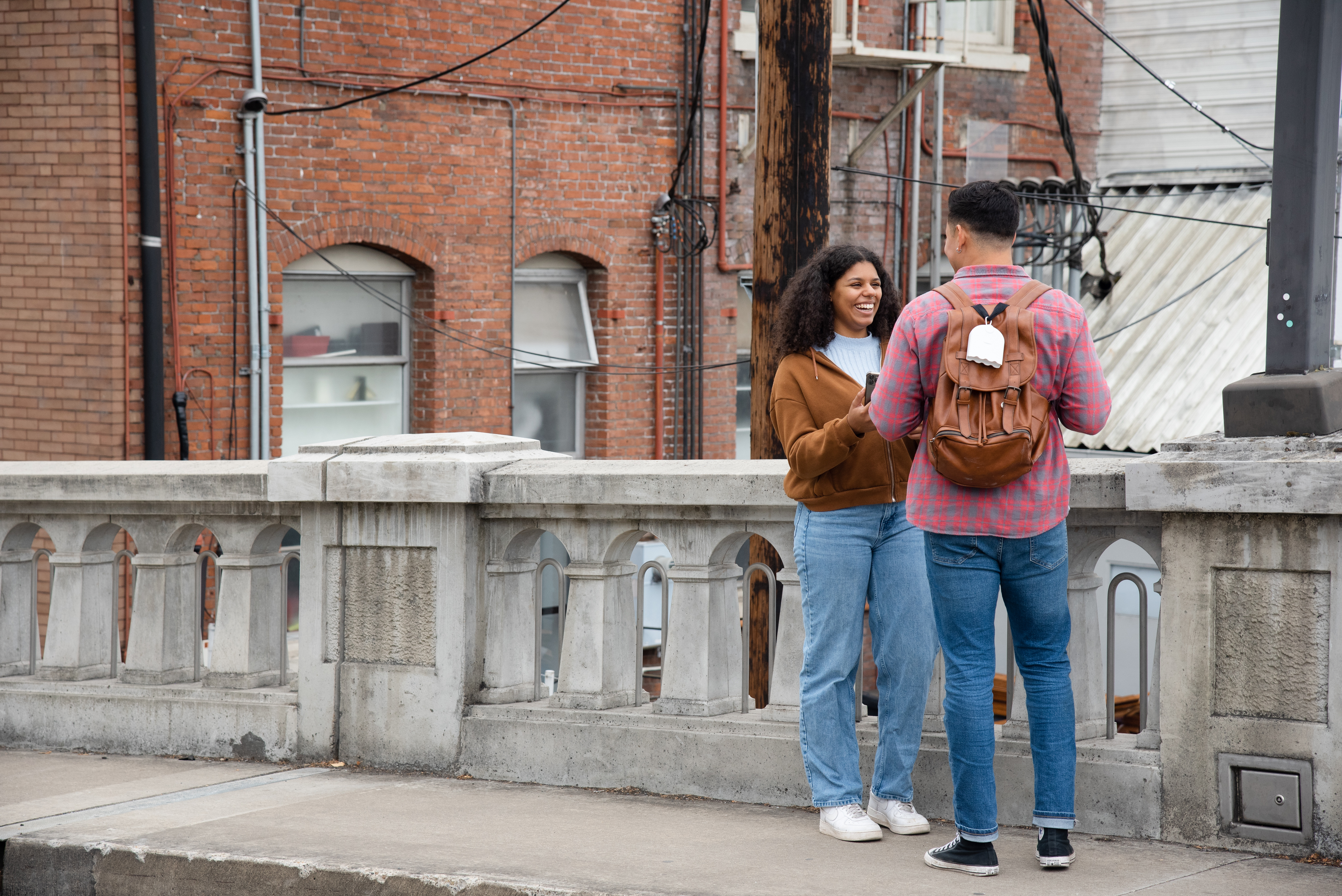
Monitor Outdoor Air Quality – Aircasting
Measure the night sky brightness

Anytime

Anywhere

Data, Policy, Other
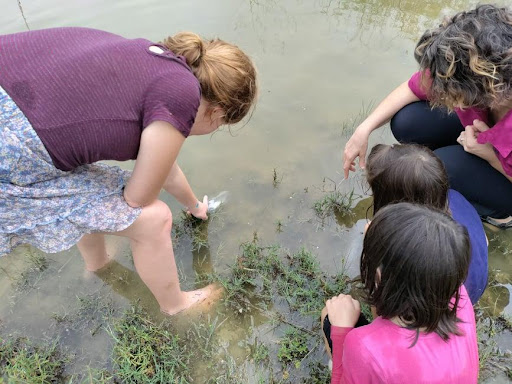
Monitor Water Quality – Tampling
Measure the night sky brightness

Anytime

Anywhere

Data, Policy, Other
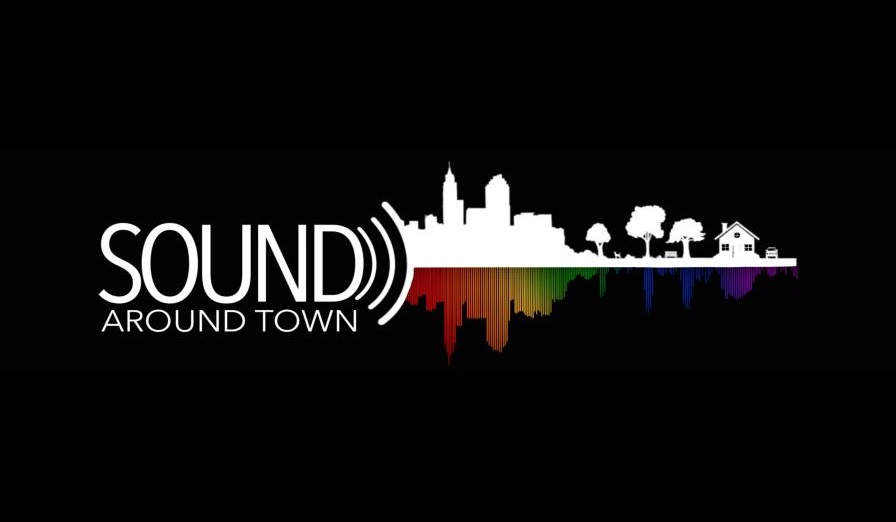
Monitor Noise Pollution – Sound Around Town
Measure the night sky brightness

Anytime

Anywhere

Data, Policy, Other
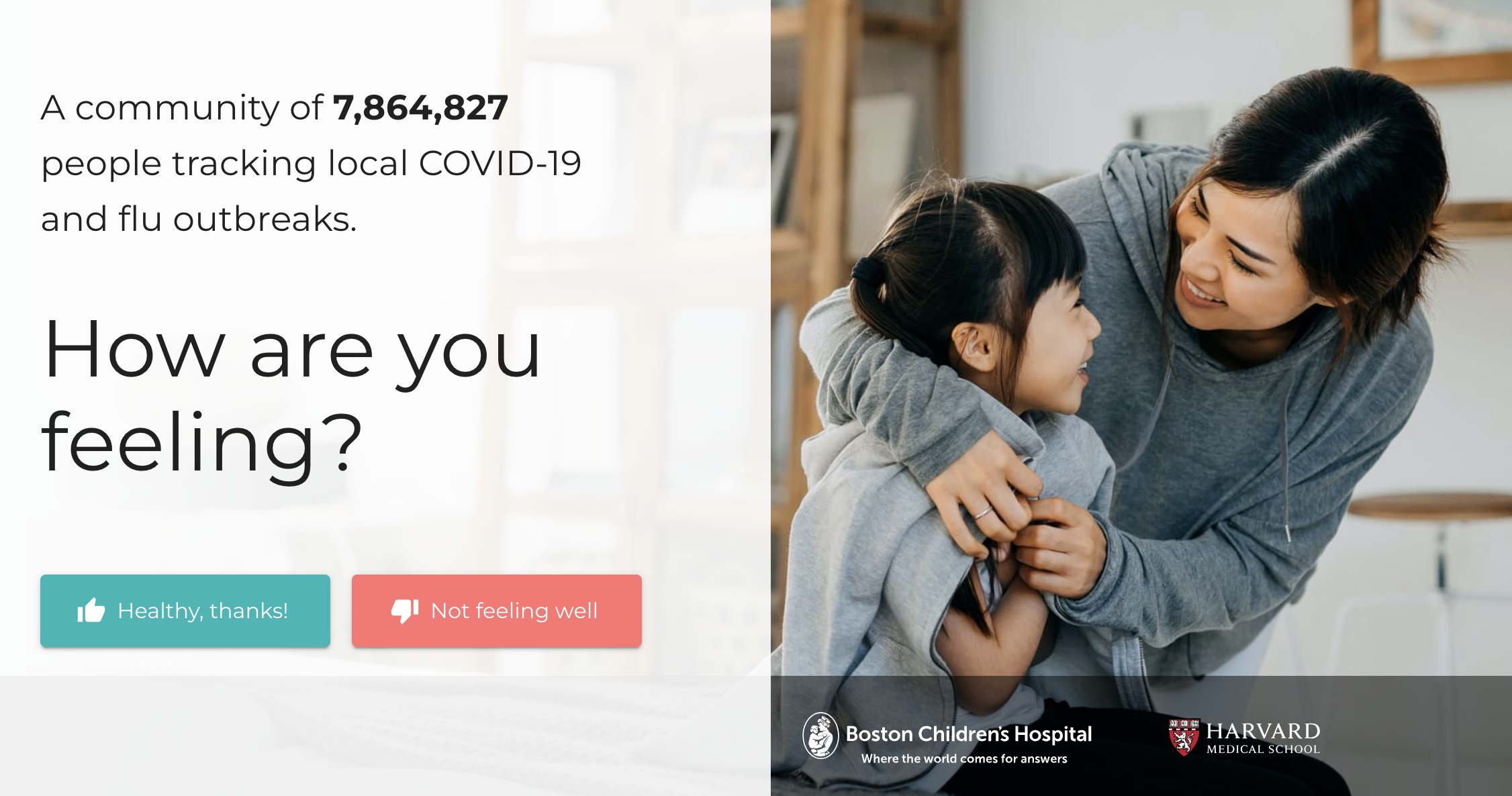
Track Epidemics – Outbreaks Near Me
Measure the night sky brightness

Anytime

Anywhere

Data, Policy, Other
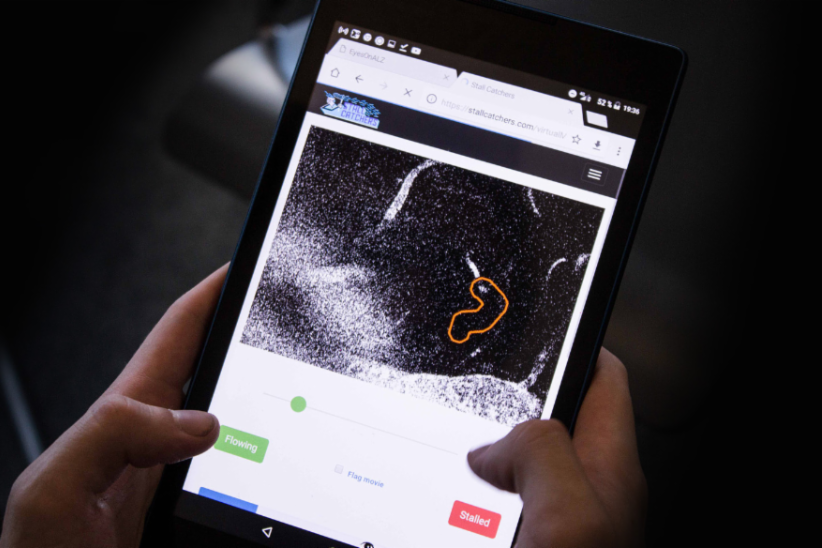
Accelerate Alzheimer’s Research – Stall Catchers
Measure the night sky brightness

Anytime

Anywhere

Data, Policy, Other
Optional Civic Engagement Pathways
- Share results with local watershed associations or park departments. See the EPA Local Watershed Groups Directory for guidance.
- Share data with public health departments or local universities, such as through the National Association of County and City Health Officials – Find Your Health Department
- Advocate for clean air zones, safer sidewalks, or less light pollution. Find resources through the following programs:
- Collaborate with neighborhood associations on health awareness campaigns. See the CDC Community Health Resources for guidance.
- Present findings at city council meetings to support climate resilience planning. Consider guidance through ICLEI Local Governments for Sustainability and U.S. Climate Action Network
Community Service Projects
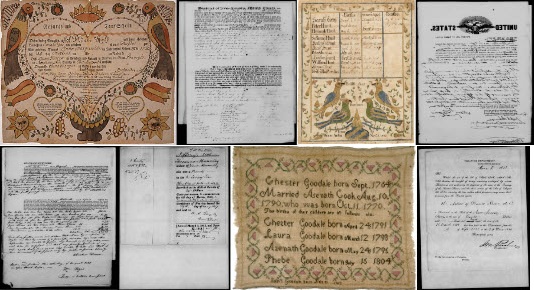
Unveil American History with the National Archives – Transcription Mission
Measure the night sky brightness

Anytime

Anywhere

Data, Policy, Other
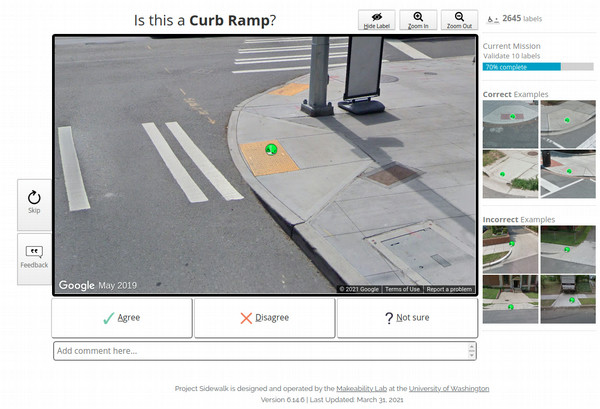
Identify Accessibility Problems – Project Sidewalk
Measure the night sky brightness

Anytime

Anywhere

Data, Policy, Other
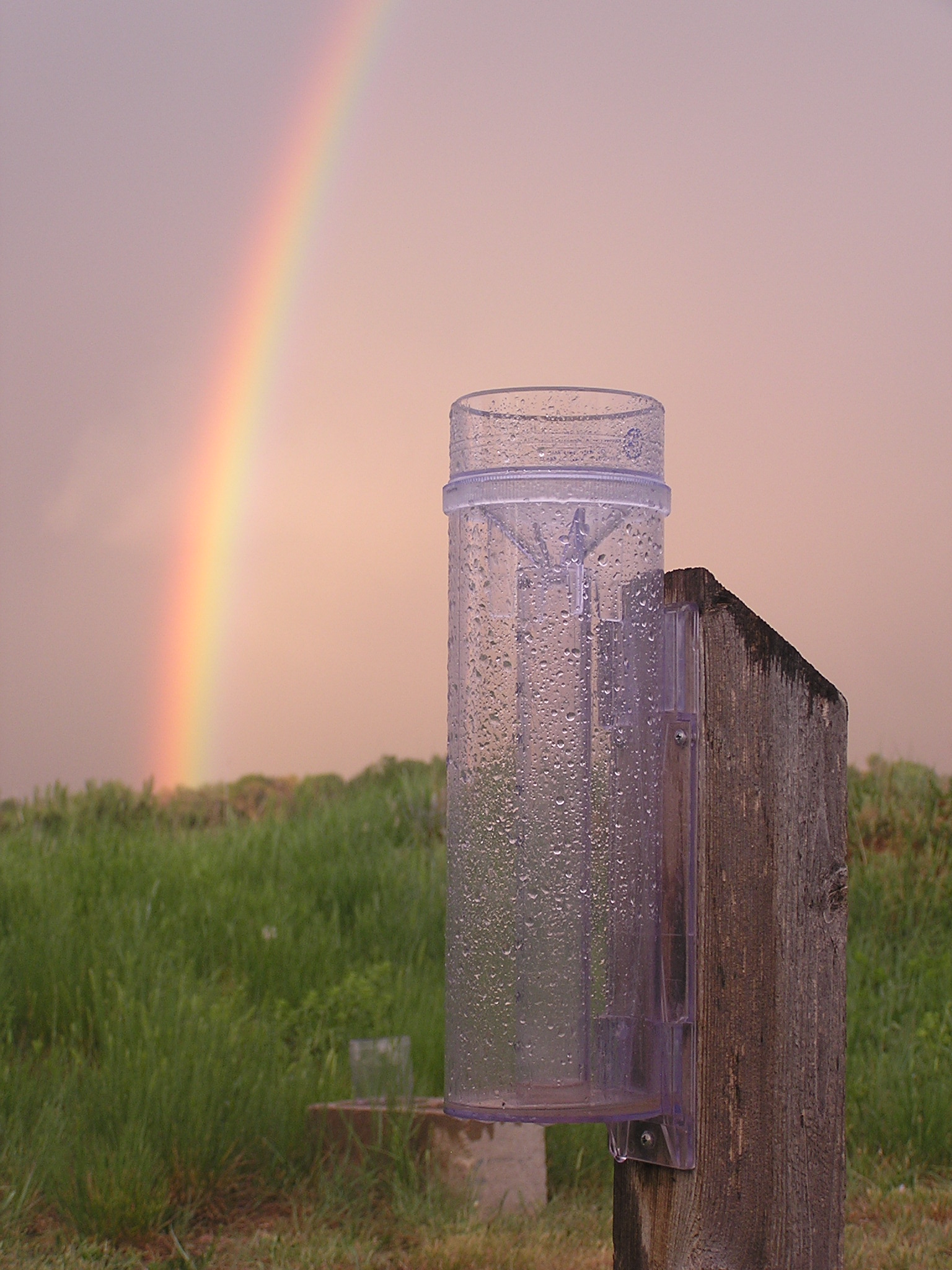
Gather Precipitation Data for the National Weather Service – CoCoRaHs
Measure the night sky brightness

Anytime

Anywhere

Data, Policy, Other
Wildlife & Nature Conservation Projects
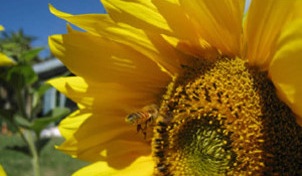
Monitor Pollinator Health – The Great Sunflower Project
Watch a plant, record pollinators, report online

Anytime

Anywhere

Light pollution, Astronomy, Environment
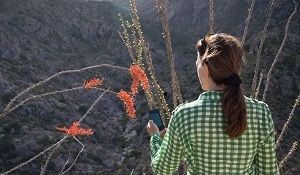
Track Seasonal Changes – Nature’s Notebook
Observe and share seasonal changes in plants and animals.

Anytime

Anywhere

Phenology, Plants, Wildlife
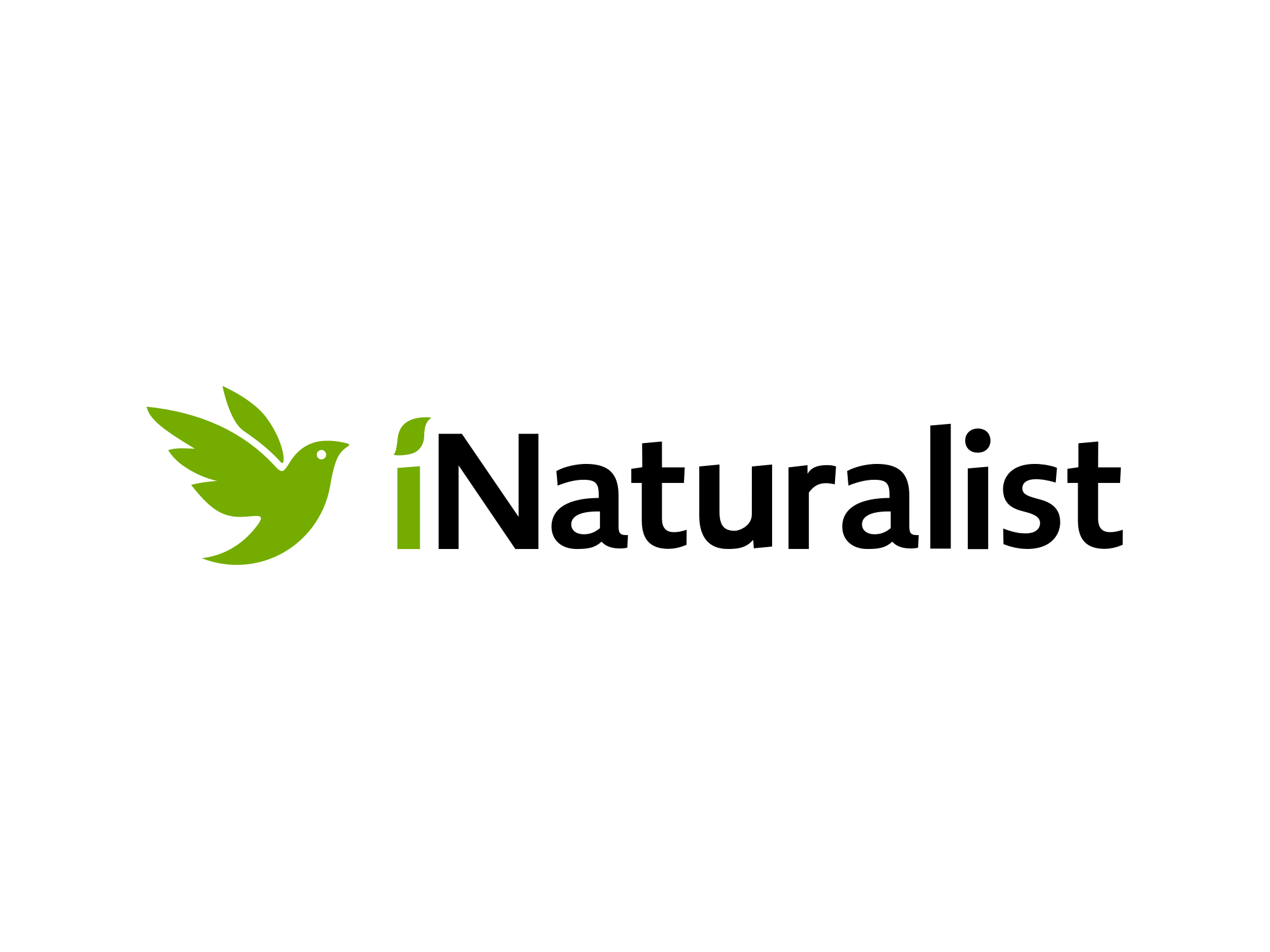
Create an Inventory of Biodiversity – iNaturalist
Take photos of biodiversity and upload to iNaturalist

Anytime

Anywhere

Biodiversity, Wildlife, Photography
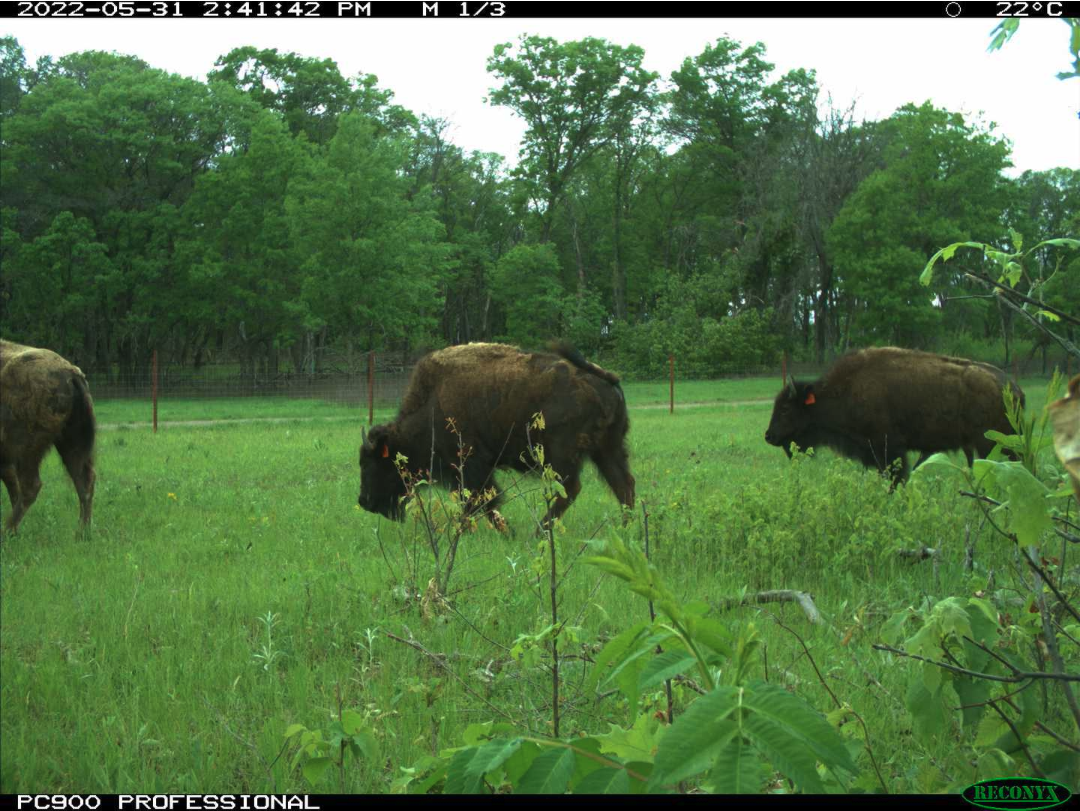
Analyze Camera Trap Images – Cedar Creek: Eyes on the Wild
Analyze camera trap images from the American Midwest to monitor wildlife behavior and travel.

Anytime

Anywhere

Biodiversity, Wildlife, Photography
Optional Civic Engagement Pathways
- Advocate for local ordinances that protect biodiversity and green spaces. View the National League of Cities – Environment & Sustainability and Lights Out Campaign for Safe Bird Migration for examples and support.
- Join or start community clean-up or habitat restoration events. The following programs provide strong examples and resources:
3. Register your Event or Program on SciStarter
Visit SciStarter.org/add-event to register your participation. This will enable us to share your efforts with America Gives.
Jump down to Citizen Science Month and 2.50 Million Acts of Science
More on Preparing for America250 with SciStarter
With support from Arizona State University and SciStarter, anyone can contribute to real scientific research by sharing observations, uploading photos, analyzing data, and more—all through simple, meaningful activities in your own community. Here’s how to prepare for April, Citizen Science Month:
Through three phases—Inspire & Listen, Equip & Prepare, and Act & Celebrate—you’ll prepare for April using free resources, trainings, examples and support.
Timeline: Fall 2025 (September-December)
Goal: Build excitement and awareness around citizen science while connecting to local values, interests, and history.
Examples:
- Host displays, tabling events, or short programs introducing citizen science. Find resources here.
- Share stories about historical figures who practiced science (e.g., Benjamin Franklin, Indigenous observers, community health workers).
- Hold a community listening session or use survey templates to gather input on local priorities (e.g., environment, health, history).
- Use tools like My Wish for the U.S., OnOur250th.org, or story mapping to gather hopes for the future.
- Invite local leaders, elders, or youth to co-lead conversations.
How SciStarter Will Help:
- We’ll provide ready-to-use materials (flyers, posters, bookmarks) to introduce citizen science to your patrons.
- We will host Citizen Science Month facilitator planning calls.
- We will promote the activities you share with us– register your programs as events: SciStarter.org/add-event.
Timeline: Winter 2026 (January- March)
Goal: Get ready! Train staff and volunteers, select citizen science projects, and prep your space and schedule. This phase ensures everyone has the skills, tools, and confidence to take action together—fostering local ownership and sustainability.
Examples:
- Complete the Foundations of Citizen Science and SciStarter Ambassador trainings and share it with staff and volunteers.
- Choose projects from SciStarter’s searchable database. Pick activities that match your state’s A250 priorities (e.g., pollinators, air quality, local weather, health).
- Download or request free toolkits, guides, or activity kits. Find resources here.
- Identify dates and formats for events in April (single events, series, tabling, etc.).
- Connect with SciStarter Ambassadors or nearby library teams for co-planning.
How SciStarter Will Help:
- Free online training modules for staff and volunteers (including the Foundations of Citizen Science training).
- A searchable database to help you select citizen science projects that align with your community’s priorities and capacities.
- Provide a Citizen Science Planning Guide for libraries and museums, with timelines and checklists.
- Connect you with nearby SciStarter Ambassadors or experts who can co-lead or support programming.
- Supply promotional templates (press releases, social posts, email blurbs) to help spread the word.
Timeline: Spring/Summer 2026 (April – July)
Goal: Engage your community in Citizen Science Month—then celebrate the impact. This phase transforms inspiration and preparation into meaningful action—reminding all Americans that participation is patriotic, and science is a tool for building a better tomorrow.
Examples:
- Host one or more citizen science events during Citizen Science Month (April)—from Moth Nights to weather monitoring to local history transcription.
- Encourage patrons to log their “Acts of Science” on CitizenScienceMonth.org
- Share updates and photos on social media using #America250 and #ActsofScience.
- Offer certificates or recognition for local contributors.
- Celebrate with a showcase event in June or early July: share data collected, display art or stories from participants, and reflect on what was learned.
How SciStarter Can Help:
- Feature your events in national calendars and help you log them toward the 2.50 million Acts of Science goal.
- Provide printable and digital celebration materials—including participation certificates, signage, and social graphics.
- Support you with event-day troubleshooting, reminders, and recognition tools.
- Offer templates for storytelling, reflection, and showcasing community findings—perfect for July 4th celebrations.

Citizen Science Month and 2.50 Million Acts of Science
Each April, libraries and organizations nationwide come together to celebrate Citizen Science Month. In 2026, this celebration will be a special part of America 250, as we aim to achieve 2.50 Million Acts of Science — moments of volunteer-powered discovery that reflect the spirit of curiosity and collaboration that built our nation. We invite you to join! All of the projects on SciStarter will count towards our goal and America Gives. All we ask is that you register your event(s) and program(s) on SciStarter and as they happen, estimate the number of attendees and Acts of Science completed.
Every April, libraries and organizations across the nation celebrate Citizen Science Month. In 2026, this celebration becomes an exciting part of America 250, as we work together to achieve 2.50 Million Acts of Science in one month!
We invite your library to join the effort! Every project on SciStarter counts toward this national goal and America Gives. To participate, simply register your events or programs on SciStarter and, as they occur, estimate the number of attendees and Acts of Science completed to report back to us.
Acts of Science: Connected–– Each week during Citizen Science Month, SciStarter and Arizona State University will host a live, interactive virtual event featuring a citizen science project and the scientist behind it. As a satellite host, your library can stream these events and engage your community using guided participation instructions and printable resources provided by SciStarter. These materials make it easy to lead hands-on activities, connect patrons directly with real research, and contribute to the global goal of 2.50 Million Acts of Science in just one month. Learn more about hosting a satellite event here.
Join us in making every library program count as an act of science, an act of service, and an act of celebration for America’s 250th!
Thank you to our partners!
